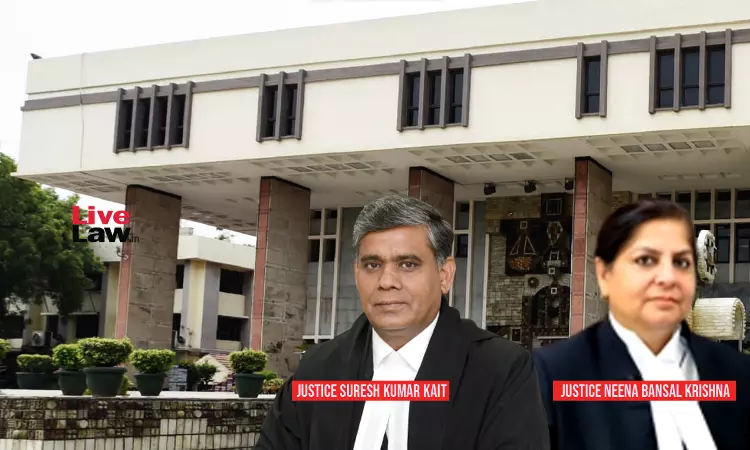‘Mental Cruelty’ Wide Enough To Include ‘Financial Instability’ Of Spouse: Delhi High Court
Nupur Thapliyal
7 Sept 2023 10:59 AM IST

Next Story
7 Sept 2023 10:59 AM IST
The Delhi High Court has ruled that term “mental cruelty” is wide enough to take within its ambit the “financial instability” of a spouse. “In the present case, it is easy to decipher the mental trauma as the appellant [wife] was working and the respondent [husband] was not working. There was a huge disparity in the financial status of the appellant and the respondent. The...
